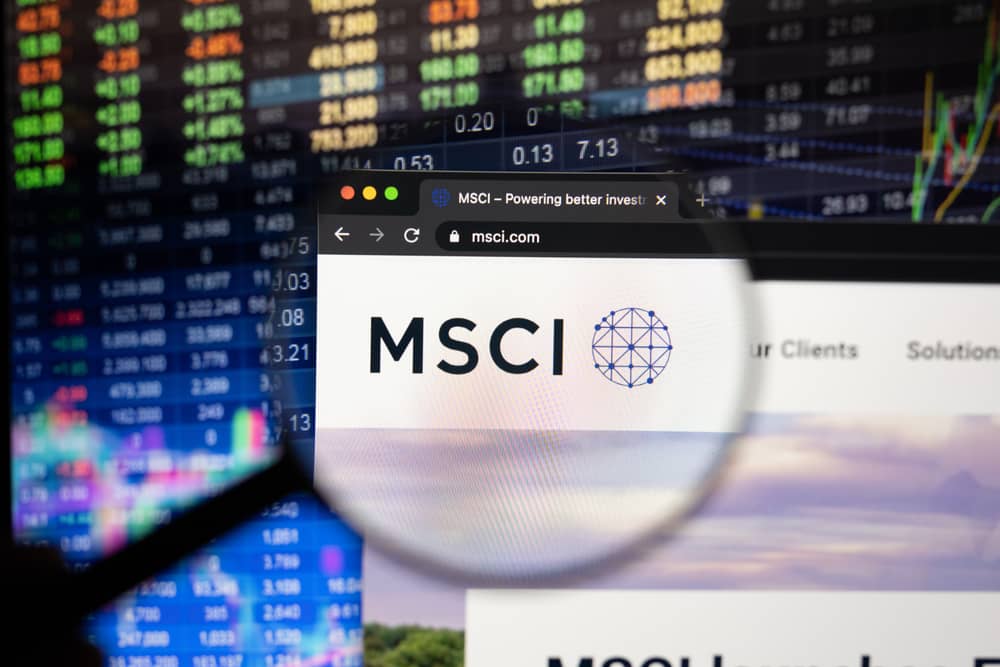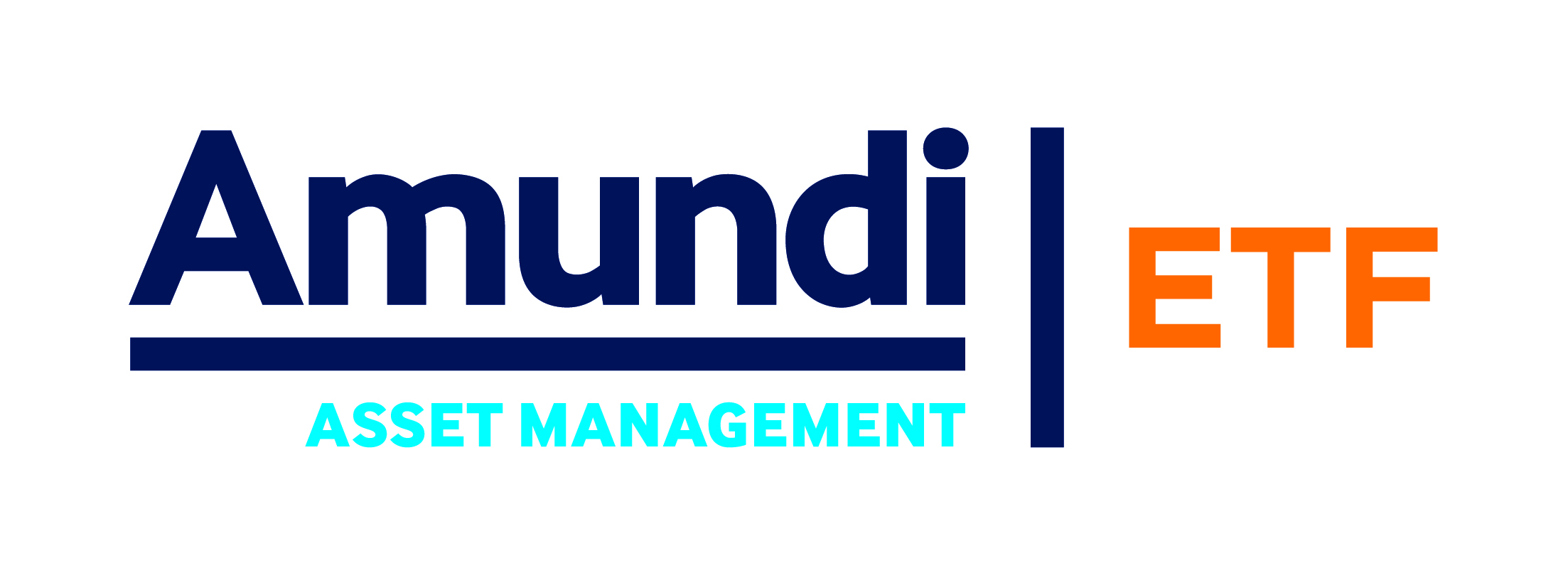The world’s largest index provider MSCI said the blanket removal of Russian securities from its indices following its invasion of Ukraine is a “potential next step”.
Dimitris Melas, head of research and chair of the index policy committee at MSCI, told ETF Stream the Russian market is currently “uninvestable” following substantial financial sanctions from western governments and added “it may have no option” to remove Russian companies if the situation in Ukraine persists.
“A potential next step we may consider whether or not it would be appropriate to remove Russian securities from MSCI indices,” he said.
“If the situation persists and the market remains uninvestable for several days, we may have no option but to, subject to consultation with market participants, remove Russian securities from our indexes.”
Last night, MSCI said it was seeking feedback from investors on the investability of the Russian market. The restrictions on trading Russian securities means that index providers will no longer be able to provide the minimum liquidity requirements required for their inclusion in benchmarks.
As the Moscow exchange remains closed, Melas added the potential challenge of removing all Russian securities would be the price investors could offload their assets.
“If the Russian exchange is closed, and there is no quoted price, one option is to use the last quoted price from last week. The other option is to use a zero price, that would effectively reflect the fact that our clients are stuck in terms of valuing those holdings,” he said.
Despite the countries stock market being closed, price discovery of Russian securities is being highlighted by ETFs which have revealed the scale of the rout facing its equity market.
For example, the iShares MSCI Russia ADR/GDR UCITS ETF (CRU1) fell 50.3% on Monday while the Lyxor MSCI Russia UCITS ETF (RUSL) is down 45.9%.
Detailing the changes, Melas said: "If we were to remove Russian security from our indices, we would continue to calculate the MSCI Emerging Markets index, but without any Russian constituents.
"We may see a lot of demand for ex-Russia indices in ETFs if the market remains uninvestible."
Russia currently accounts for roughly 3.2% of MSCI’s emerging markets benchmark and 0.3% of its global benchmarks. It would also have a huge impact on standalone Russian indices tracked by several ETFs in Europe.
BlackRock’s flagship emerging market fund, the $17.9bn iShares Core MSCI EM IMI UCITS ETF (EIMI), currently has a 2% allocation to Russian securities.
Melas added the index provider would hope to give the market several days’ notice before making the decision but said it may have to give a shorter notice “given how quickly the situation is deteriorating in Ukraine”.
“We will consult with investors to understand how these developments will affect their investment process. At the end of the day, our purpose is to make sure that our indices remain invested and serve their needs”, he said.
Last Thursday, the index provider said it would not implement planned changes for Russian securities it had earmarked as part of its February review and that it would be freezing non-market capitalisation weighted and custom indices for any security classified in Russia.
Commenting on the sanctions imposed on Russia, a BlackRock spokesperson said: “BlackRock is monitoring the guidelines issued by regulators. We are taking all necessary actions to ensure compliance with applicable sanctions laws and regulations, including those of the US, UK and EU.”
DWS, Amundi and HSBC Asset Management, which all have standalone Russia ETFs, did not respond to requests for comment.
Related articles







